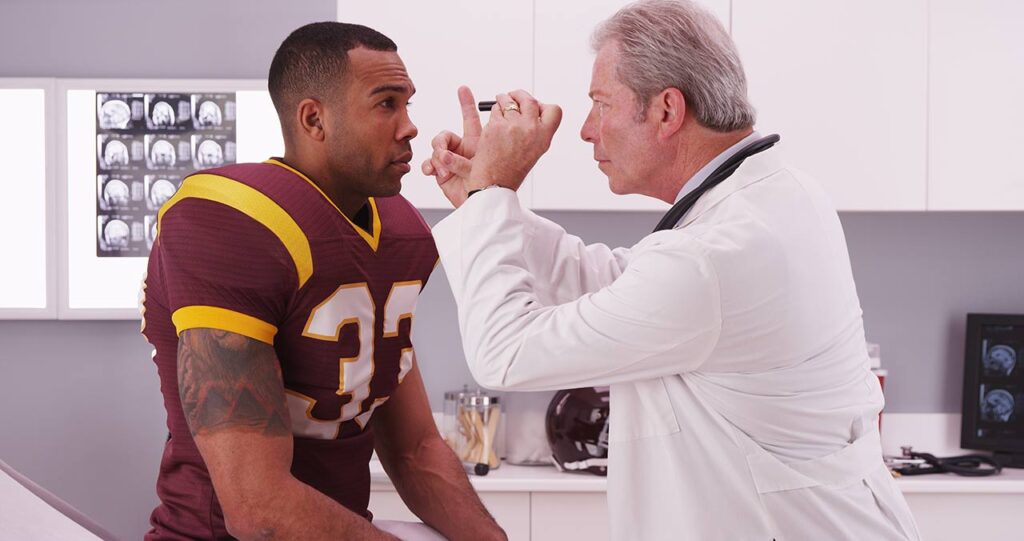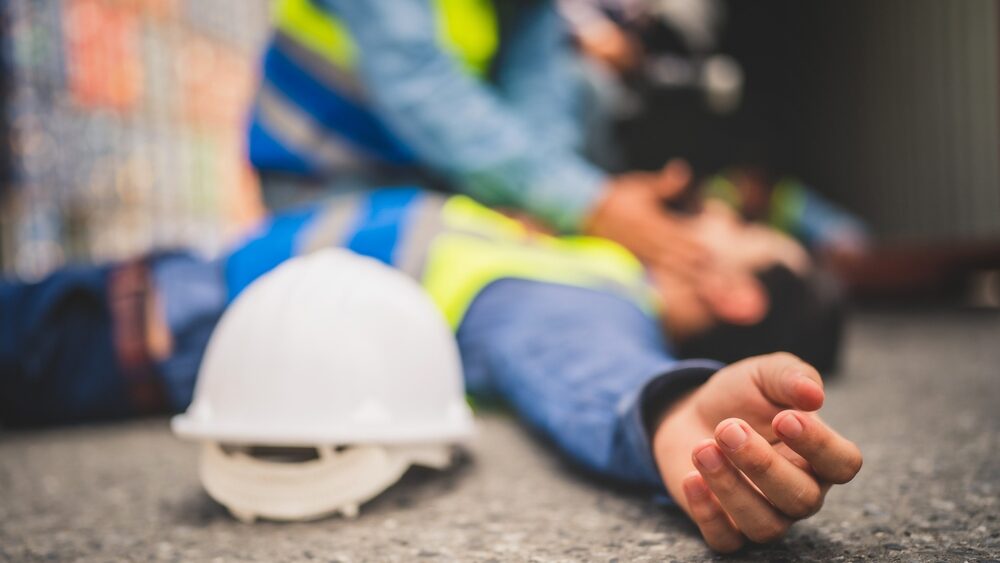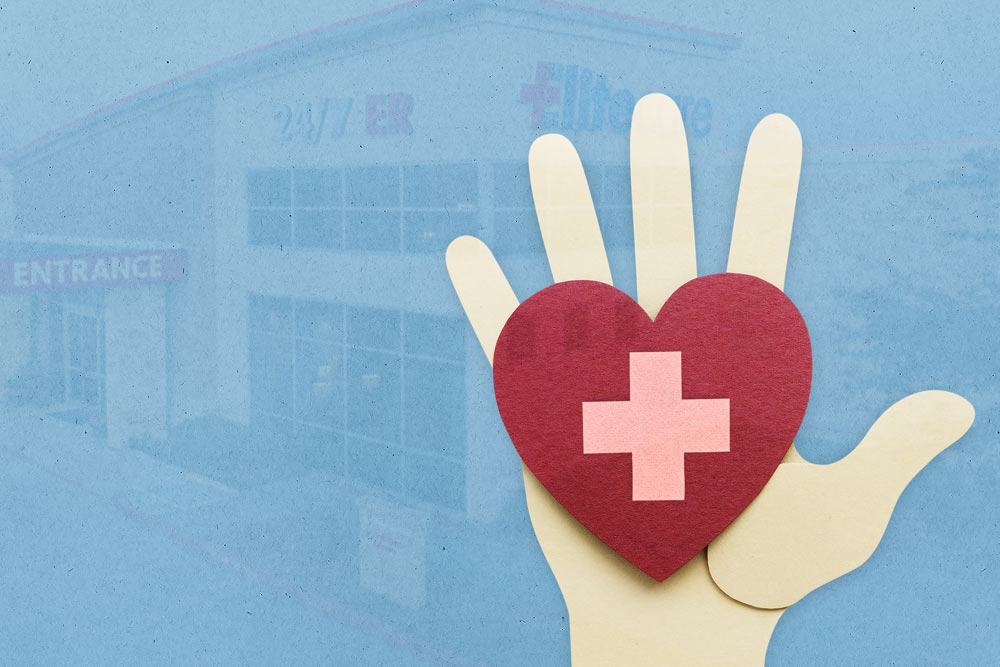
Understanding Concussion Symptoms and How to Respond Immediately
A concussion might seem like a common injury, but it requires careful attention and an immediate response. It’s a type of brain injury that can happen in everyday situations, from kids playing sports to adults experiencing a minor fall or car accident. We understand the concern that comes with such injuries, especially when they involve the brains of our loved ones or ourselves. That’s why it’s essential to know the symptoms of a concussion, how to respond right after the injury occurs, and what steps to take to ensure a healthy recovery.
At our facility, we see various cases of concussions, ranging from mild to severe, and each situation requires a unique approach. Recognizing the signs early can dramatically affect the outcome and speed up the recovery process. Our goal here is to educate and guide you through the necessary steps if you or someone close to you suffers a concussion. We aim to offer the knowledge and support needed to manage this health issue confidently and effectively.
Identifying Concussion Symptoms: What to Look For
Recognizing the early signs of a concussion is crucial in managing the situation quickly and effectively. A concussion might not always involve a loss of consciousness but can often present symptoms that are subtle yet significant. The first signs to watch out for include confusion or feeling dazed, clumsiness, slurred speech, nausea, and headache. Additionally, look for delayed responses to questions, dizziness, and complaints of blurry vision. These symptoms might appear right after the injury or could be noticed hours later.
It is important for us to pay close attention if the person repeats questions, appears to have difficulty concentrating, or exhibits any unusual behavior. Remember, symptoms can vary widely from person to person and understanding these distinctions can help in identifying a concussion effectively. By keeping these key points in mind, we can ensure that no symptom, no matter how minor it seems, is overlooked.
Immediate Response: Steps to Take Following a Concussion
Once we suspect that someone has a concussion, the immediate response should be structured and swift to prevent further injury and facilitate a quicker recovery. The first step is to ensure the individual stops any activity they are engaged in and rests. Continuing physical or mental activities can worsen the condition. It’s important for us to monitor their condition closely during the first few hours following the injury.
We should also facilitate a calm environment. Noise and light can exacerbate concussion symptoms, so creating a quiet, dimly-lit space can provide significant relief. While over-the-counter pain relievers like acetaminophen can be used to manage headaches, it’s crucial to avoid medications that can increase the risk of bleeding, such as ibuprofen and aspirin, unless directed to do so by a healthcare professional. If symptoms appear to worsen or new symptoms emerge, it’s critical to seek medical attention immediately as these could be signs of a more severe injury.
When to Seek Emergency Medical Care for a Concussion
It’s crucial for us to know when a concussion requires emergency medical attention. If the individual exhibits any of the following symptoms, it’s essential to act immediately: loss of consciousness, even briefly; repeated vomiting; seizures; increasing confusion or agitation; unusual sleepiness, and difficulty recognizing people or places. These symptoms suggest that the concussion might be severe and could possibly lead to more significant brain injury if not addressed quickly.
We advise avoiding driving to the hospital under these conditions; instead, calling 911 ensures that the individual receives medical attention as swiftly as possible. Professionals can provide the necessary care en route to the hospital, which can be critical in preventing worsening conditions. Remember, treating a severe concussion early can be the key to a full recovery.
Post-Concussion Care: Tips for Safe and Speedy Recovery
After experiencing a concussion, the recovery process is just as important as the immediate response. The brain needs time to heal, and ensuring a proper recovery environment is essential. We recommend resting both physically and mentally, which means limiting activities that require mental concentration such as reading, watching television, and using digital screens. Gradually, these activities can be reintroduced, but it’s important to pace oneself according to the recovery progress.
It’s also vital for individuals to stay hydrated and maintain a balanced diet to support brain health. Avoiding alcohol, managing stress, and getting plenty of sleep can also help the brain recover. Following up with a healthcare provider for ongoing assessments and guidance will ensure the recovery is on track and prevent potential complications. Remembering these steps and making informed decisions can significantly impact recovery speed and effectiveness.
Act Fast: Trust Elitecare for Immediate Concussion Care
At Elitecare, we are committed to providing immediate and effective care for all emergencies, including concussions. Understanding how to identify, respond to, and recover from this type of brain injury equips our community with the knowledge to handle these situations confidently. Remember, a quick response not only aids in faster recovery but also minimizes long-term impact. If you or a loved one ever suffers a concussion, we are here around the clock, ready to provide the care needed. Because health emergencies don’t wait, neither do we.
If you are looking for an emergency care facility for concussions and more, do not hesitate to reach out to and visit us today!





